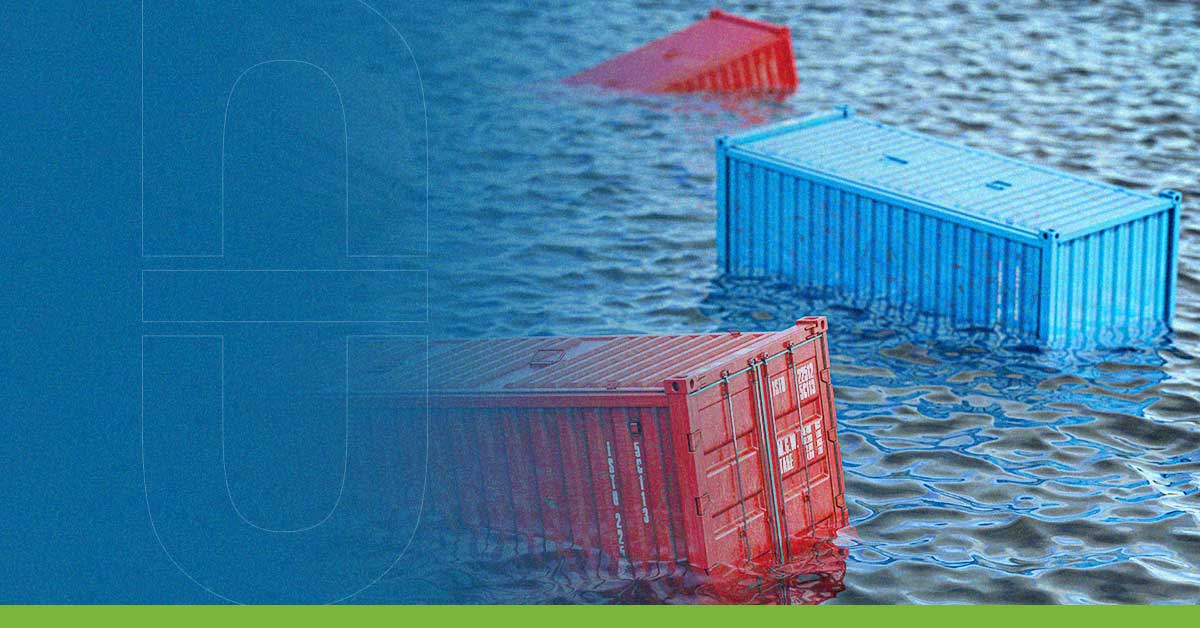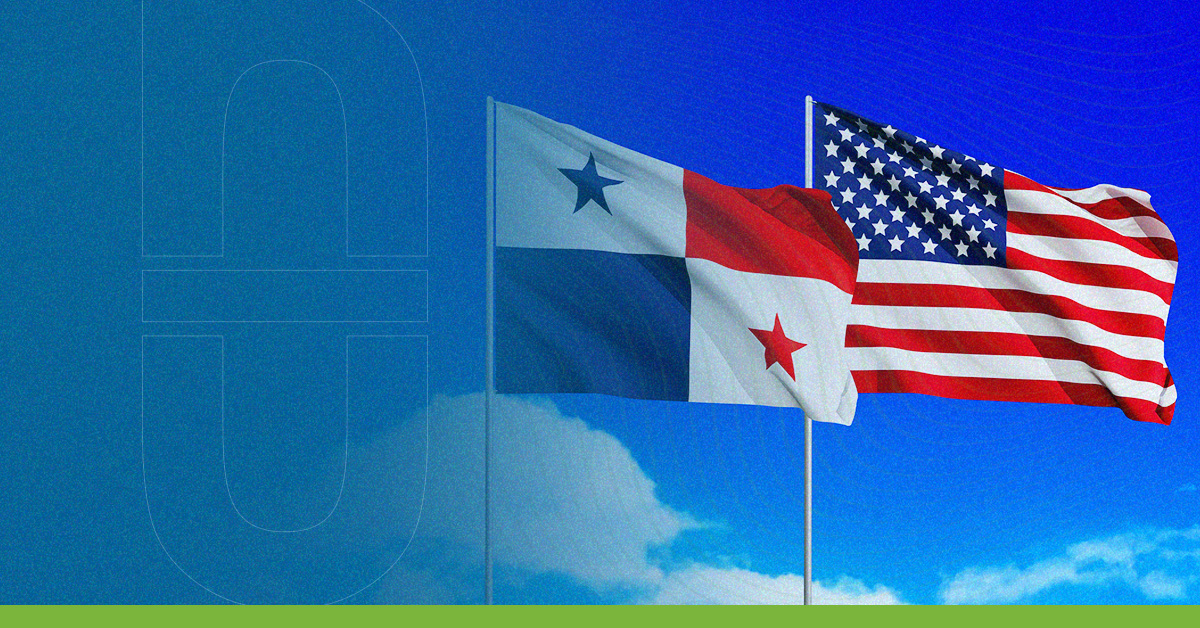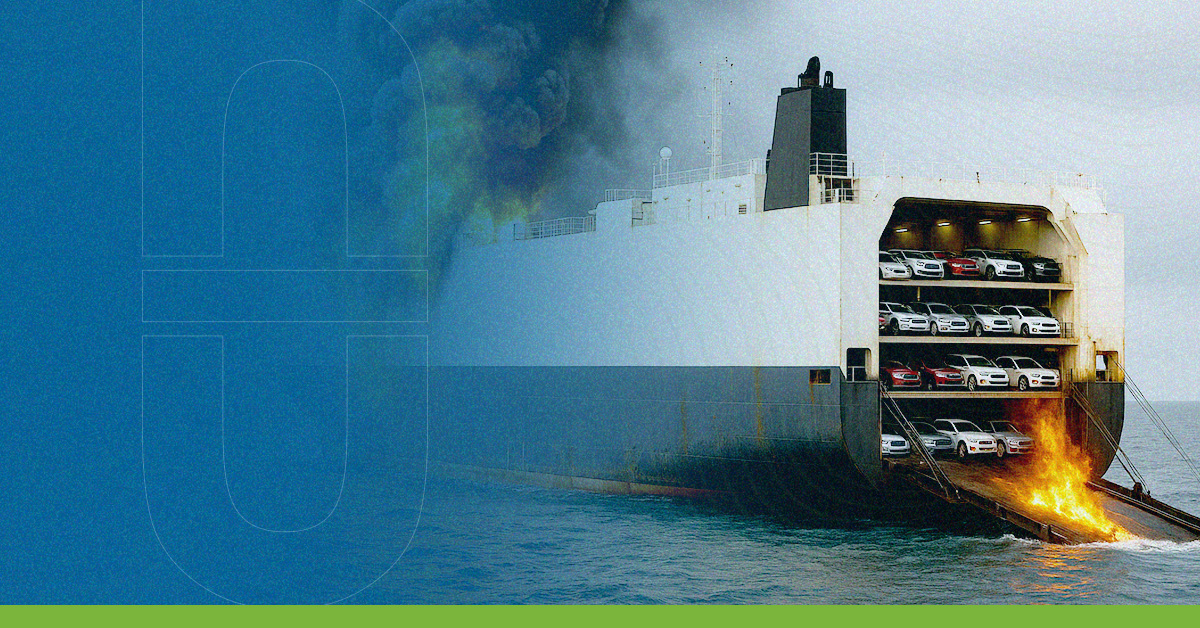Incoterms are a key and even mandatory aspect in terms of international sales due to their function of maintaining order and clear understanding as to the terms for both the sender and the receiver of the goods transported. Here we share the different types of Incoterms, updated until 2022, and the way in which they intervene in international scenarios.
What are the international trade terms?
In a simple way, the international terms of trade are the regulations elaborated and established by the International Chamber of Commerce and are responsible for ensuring full compliance with international sales contracts. The importance of these terms at the international level is remarkable since they detail the different risks and responsibilities of both the buyer and the seller at the time of transporting the goods transacted.
Another relevant fact is that these terms continue to receive important updates since 1936 by the International Chamber of Commerce itself, to adapt them as the international sales processes evolve, especially in today’s global market.
Types of Incoterms updated to 2022
Before explaining the different types, it is necessary to understand that these are categorized into four large groups:
- Group C: The seller is responsible for delivering the goods to the carrier previously selected by the buyer.
- Group D: The seller proceeds to deliver the goods directly to the point of departure.
- Group E: The seller only leaves the goods to the responsibility of the buyer at its premises, so that the latter is responsible for the transport process.
- Group F: Both the seller and the buyer agree on the specific point where the delivery of the goods will take place, such as the seller’s own facilities.
These four groups in turn are divided into three lines: land, sea and air:
- FCA o Free Carrier
The FCA (Free Carrier), refers to the model in which the seller is responsible for delivering the goods at a previously agreed point assuming everything related to costs and possible risks during the delivery of the same.
- DAT or Delivered at Terminal
It consists of the delivery made by the seller in the cargo terminal previously agreed with the buyer.
- Ex Works
This Incoterm assigns to the buyer the responsibility of collecting the goods, usually at the premises of the seller or manufacturer. It is important to note that neither the manufacturer nor the seller will be responsible for the costs or risks of this merchandise..
- Carriage Paid To
In this case it is the seller who will be responsible for the delivery of the goods as well as international freight to a destination and by the means of transport previously agreed with the buyer.
- Carriage and Insurance Paid to …
Under the Incoterm Carriage and Insurance Paid, the seller will be responsible for delivering the goods to the destination, including the cost of international transport and insurance during the process.
- DAP, Delivery at place
In this type of Incoterm, the seller proceeds to deliver the goods to a destination selected by the buyer, usually in their facilities, where the buyer himself will be responsible for the unloading process..
- Delivered Duty Paid
Similar to the DAP modality, in the Delivered Duty Paid it will be the seller who will bear the respective payment of duties and VAT of the merchandise transported to the country of destination.
- Cost and Freight
Under this Incoterm the seller is required to clear the goods for export, deliver them onboard the ship at the port of departure, and pay for transport of the goods to the named port of destination. The risk passes from seller to buyer when the seller delivers the goods onboard the ship.
- Free Alongside Ship
Under this Incoterm the seller delivers when the goods are placed alongside the vessel (e.g., on a quay or a barge) nominated by the buyer at the named port of shipment.
The risk of loss of or damage to the goods passes when the products are alongside the ship. The buyer bears all costs from that moment onwards.
- Free on board o Libre a bordo
Under this Incoterm the seller delivers the goods on board the vessel nominated by the buyer at the named port of shipment or procures the goods already so delivered. The risk of loss of or damage to the goods passes when the products are on board the vessel. The buyer bears all costs from that moment onwards.
- Cost, Insurance and Freight (CIF)
Under the CIF modality the seller delivers the goods on board the vessel or procures the goods already so delivered. The risk of loss of or damage to the goods passes when the products are on the ship. The seller must contract for and pay the costs and freight necessary to bring the goods to the named port of destination. The seller also contracts for insurance cover against the buyer’s risk of loss of or damage to the goods during the carriage. The buyer should note that under CIF the seller is required to obtain insurance only on minimum cover. Should the buyer wish to have more insurance protection, it will need either to agree as much expressly with the seller or to make its own extra insurance arrangements.
Secure your merchandise in the most efficient way
Now that you know the great importance of international terms of trade, or Incoterms, you know that it is necessary to protect your merchandise against misfortunes that can put at risk the stability of your business. Contact us and receive more information about the type of international cargo insurance available and that best suits your requirements as a company.




